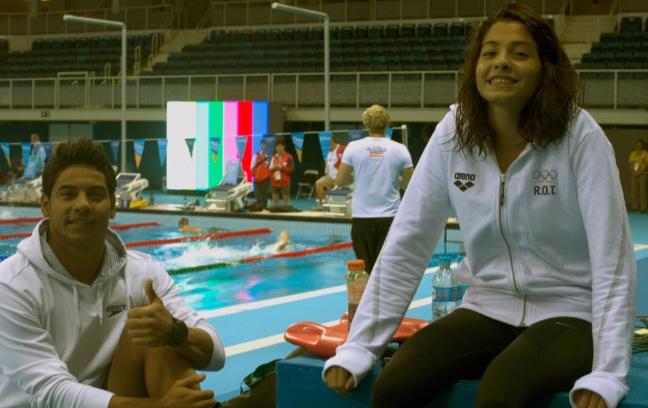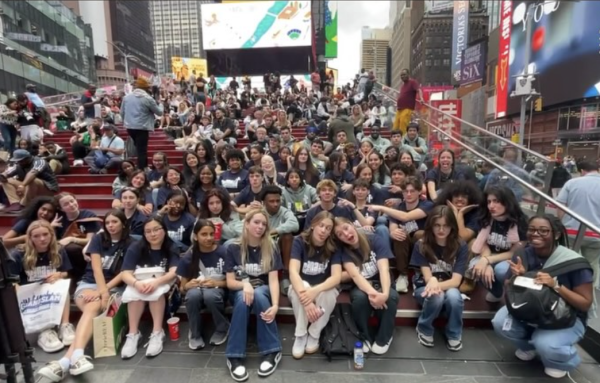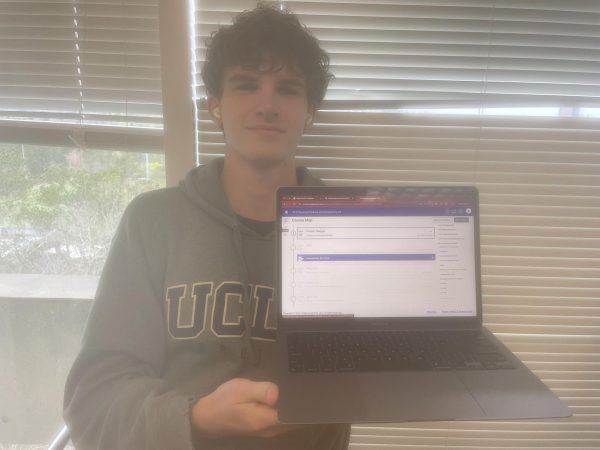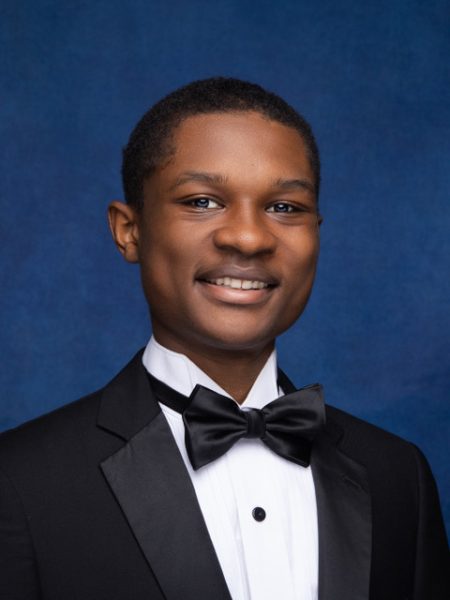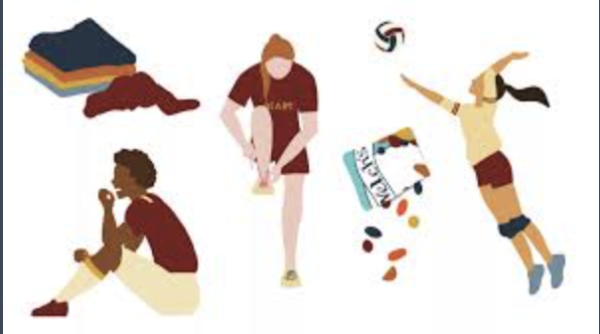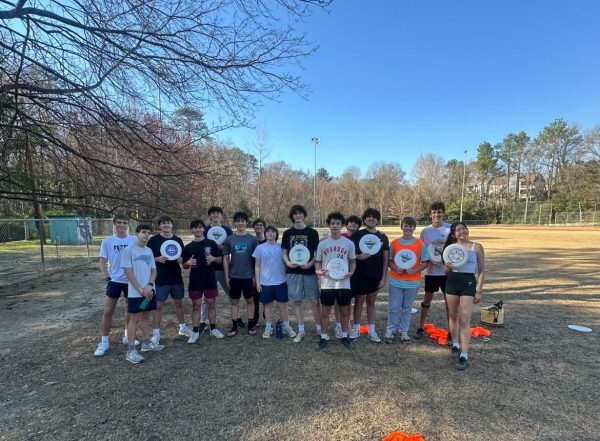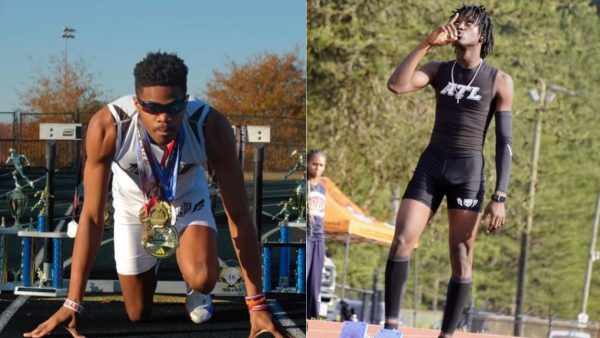Olympic Refugee Team Makes Waves in Rio
Mardini and fellow Syrian refugee swimmer Rami Anis
2016 has been a year of progress for politics, social movements and especially sports. This year in Rio de Janeiro, athletes ranging from Syria to South Sudan put together a team of refugees to compete in the Olympics for the first time in history. They went to Rio in a group of 10 with nothing but their athletic abilities and dreams of gold. Only recently were they forged after narrowing down a list of 43 athletes to compete under the Olympic flag and walked into the opening ceremony directly before Brazil.
Athletes on the team joined by fleeing conflicts currently raging in their countries of origin. Rami Anis, a Syrian swimmer living in Belgium, was the first athlete chosen for the team. Yiech Pur Biel and James Nyang Chiengijek, South Sudanese runners, followed him on joining the team along with others. However, the one that resonates in all our hearts as we cheer her on is Yusra Mardini.
While any other 18-year-old’s biggest achievements may be confined to the A-level results they leave school with, Mardini’s is almost incomprehensible. She and her sister are responsible for helping to save the lives of 20 people, including their own, after jumping off their sinking dinghy into the Aegean Sea and pushing their boat to land, swimming for three and a half hours straight.
“We were the only four who knew how to swim,” she was quoted as saying of her experience in an article in the Rio Olympics official website. “I had one hand with the rope attached to the boat as I moved my two legs and one arm. It was three and half-hours in cold water. Your body is almost like … done. I don’t know if I can describe that,” she said.
Mardini will compete in the women’s 100-metre butterfly and freestyle heats on Saturday and Wednesday. Her appearance is being viewed as one of the most highly anticipated of the Games.
Although the refugee team may not make world history with an impressive array of medals, the team has made bounds by just competing, showing that the Olympics are an accepting place where persecuted people are shown that no matter where they are from they have a place in the world and in sports.


